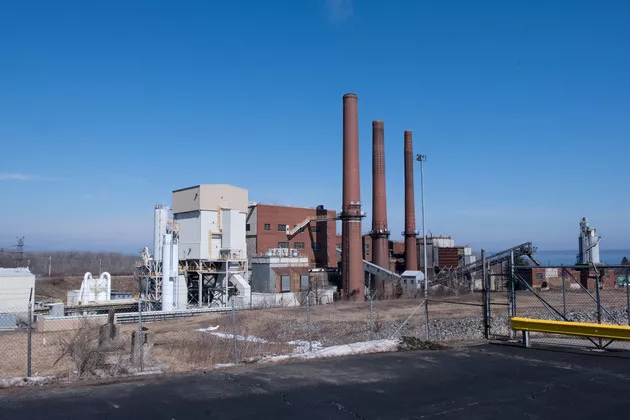The bitcoin mining boom in New York State has encountered an obstacle because the State Senate has passed a bill that will stop the licensing of certain fossil fuel power plants to provide energy for bitcoin mining. The measure also launched a study on the environmental impact of mining facilities on the state, which was passed by the state legislature earlier this year.
The cryptocurrency industry promises to provide new jobs, but Senate Democrats disagree on whether the moratorium on mining will bring greater environmental or economic costs. As the State Senate neared its legislative deadline, negotiations continued late into the night.
The bill will face another test because it will be submitted to governor Kathy hochul for signature or veto. According to a recent report in the New York Times, hochul received a donation of US $40000 from the CEO of a company that operates a densified mining facility transformed from a former aluminum plant last month.

"This resurgence of fossil fuels has provoked antipathy"
After China imposed new restrictions on bitcoin mining last year, many mining businesses moved to the United States. New York is rich in hydropower and decommissioned fossil fuel plants, which can be restarted for bitcoin mining and quickly become a new center for bitcoin mining.
The resurgence of fossil fuels has aroused the antipathy of some residents and environmentalists. They worry that with the help of bitcoin, the resurgent fossil fuel plants will damage the ecosystem and undermine national efforts to deal with climate change.
The bill proposed by the New York state legislature today stipulates that the issuance of any new cryptocurrency mining business license will be suspended for two years. These businesses use a particularly energy consuming method to verify transactions on the blockchain. This method, known as proof of work, is the basic principle of the two largest cryptocurrencies - bitcoin and Ethereum transactions.
It has been proved through work that "miners" use special hardware to solve complex puzzles. In return, they earn cryptocurrency tokens. This process consumes a lot of energy. If the bitcoin network were an independent country, its annual power consumption would rank 32nd in the world (between Argentina and the Netherlands).
This energy demand is a threat to New York State's climate goal set in 2019, which promises to reduce greenhouse gas emissions by 85% by 2050. For residents worried about the environmental impact of cryptocurrency mining, the greenidge power station in Finger Lakes, New York has become a special hot spot. Greenidge power station was originally a coal-fired power plant, which was transformed to use natural gas, and was converted into an almost full-time bitcoin mining business supporter in 2020.
The moratorium on bitcoin mining does not apply to greenidge because its focus is on fossil fuel power plants submitting new license applications to use cryptocurrencies based on proof of work for energy mining, rather than delivering that energy to the grid. The act also does not prevent any business that uses renewable energy, or uses less energy intensive alternative work certificates. Many other cryptocurrencies use work certificates to verify transactions.